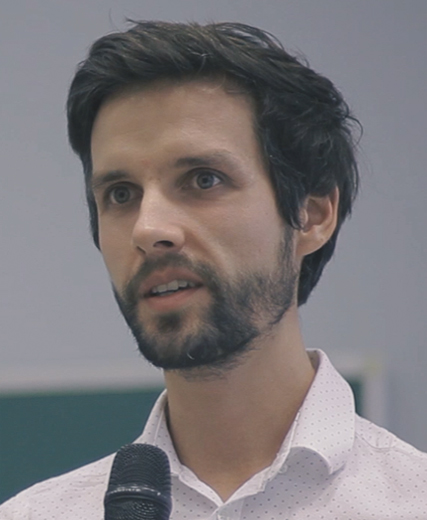How IFS Sees Catharsis
In some therapeutic modalities, catharsis is the key element to healing. The goal in such modalities is to dive deep into the experience, relive it once again and through this – release the pain you’re holding. In IFS we actually don’t want the catharsis.
Why we don’t want the catharsis in IFS
Because our protectors will do everything they can to protect us from overwhelming the system with painful emotions. The closer we will get to the traumatic experience, the stronger they will be triggered.
Protector parts see catharsis as not safe – they fear losing control and not being able to get on with living. Their resistance is good and needed and in IFS we want to respect those protective parts.
If we push and go into the traumatic experience anyway, we can get a huge backlash afterward. Our protectors, feeling disrespected and omitted, may get very angry, critical, and even more extreme. It may hinder the progress of therapy and make it harder to develop a trusting relationship with them.
That’s why in IFS we trust the wisdom of our protectors and just like them, we don’t want the overwhelm. Instead, we want to stay in Self and make one step at a time in approaching our exiles. We first gain the trust of the protectors, ask for permission, contract with exiles so they don’t flood us with their emotions, and only then we are revisiting our past experiences.
Read more about Self-Energy in IFS.
In doing it, we are witnessing it as compassionate, loving energy. Exiles, while fully witnessed, can unburden in a safe way. In this scenario, our protectors don’t need to get involved in our work with exiles. After the unburdening is ready, they are often willing to change their roles.
Remember – our protectors hold great wisdom, even if it doesn’t look like that at first glance. We can learn from them and once we gain their trust, they will show us the way to the pain.
Do you want to learn more about IFS therapy?
Get access to our free 3-day IFS Online Intro Course.

